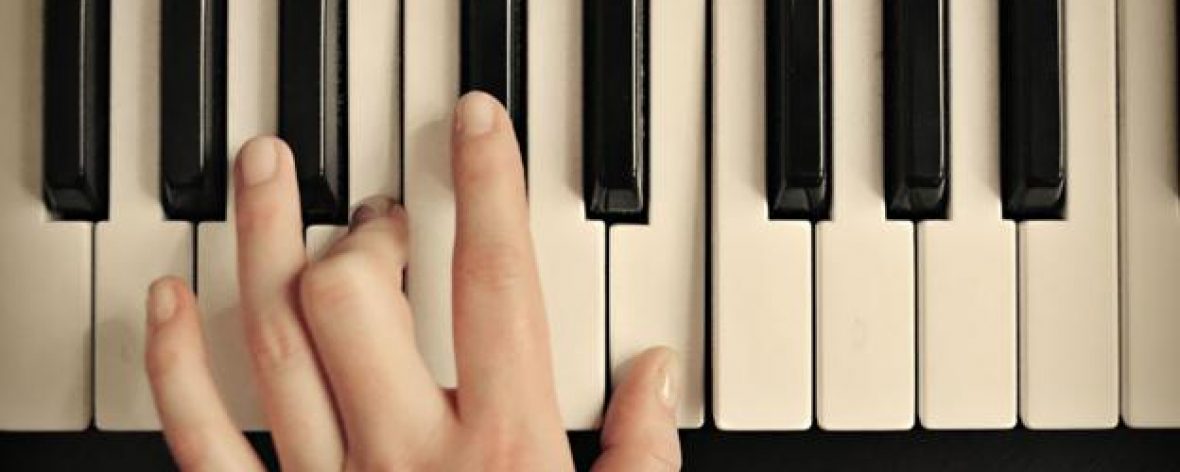Like sportspeople, musicians need to train. We call training “practicing” – a catch-all term that encompasses learning new music, reviving previously-learnt music, keeping repertoire going and honing skills. We all have strengths and weaknesses, whether a professional or amateur musician, and understanding and appreciating our individual strengths and weaknesses is important in how we approach and structure our practicing.
When I was learning the piano as a child and teenager, I was never taught how to approach cross-rhythms, the pianistic equivalent of rubbing your tummy and patting your head, to the point that if I encountered three-against-two, for example (triplets in RH, duplets in LH), I would simply fudge the passage. By the time I reached adulthood this became an almost complete aversion to cross-rhythms to the extent that I would simply avoid music which contained them. This was a significant weakness in my technique toolkit. Returning to the piano in my late 30s, I realised this deficiency was not only ridiculous, it was also rather limiting: if I couldn’t approach a cross-rhythm myself, how could I teach it?
Fortunately, my first teacher as an adult had a simple “practice hack” which demystified cross-rhythms, and made learning and practicing them easy. In addition to my teacher’s hack, I also used some of Brahms’ piano exercises, and soon I stopped worrying about cross-rhythms. By making the effort to train my weakness, I overcame it and turned it into a skill.
Regardless of your ability, it is important to know yourself and what each of your strengths and weaknesses are, and in your practicing you should always focus on your weaknesses first. Don’t ignore them, hoping they will miraculously dissappear: they won’t and they may even become a liability to your playing. You don’t need to spend hours and hours every day working on your weaknesses, but regular, deliberate practice will definitely make a difference; just 10-15 mins per day will produce noticeable improvement. In addition, banish a fixed mindset (“It’s my weakness, I’ll never be able to overcome it”, etc) and consider the quote below:
Work on your weakness until they are strengths, and work on your strengths until they are second nature. – Anonymous

I also struggle with cross-rhythms and would really like to try to learn the Debussy 1st Arabesque. Are you able to share your “practice hack” for cross rhythms?
LikeLike
I practice the LH and RH alternately and when I feel comfortable with each rhythmic pattern, I put the hands together. Do it in small sections of a couple of bars, rather than trying to manage a whole passage at the outset. Hope this helps
LikeLike